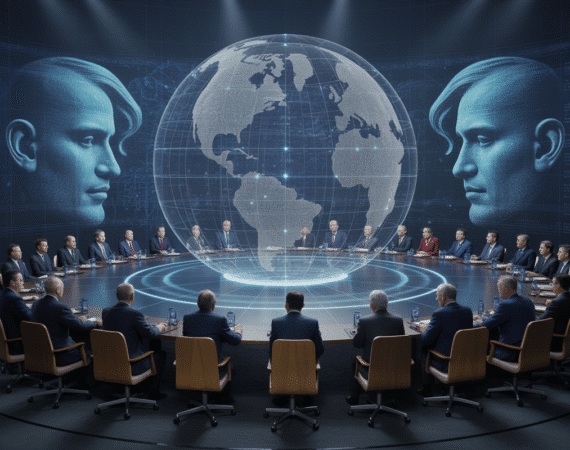Disney and Universal Sue Midjourney Over Alleged Copyright Infringement
In a significant development that underscores the escalating tensions between traditional creative industries and emerging artificial intelligence technologies, entertainment powerhouses Disney and Universal have reportedly filed a lawsuit against Midjourney, a prominent AI image generation tool. The core of the complaint revolves around allegations of copyright infringement, asserting that Midjourney has utilized copyrighted characters belonging to both companies without proper authorization to train its algorithms and subsequently generate images that infringe upon their intellectual property.
The Core Allegations: Unlicensed Use of Iconic Characters
At the heart of the lawsuit is the claim that Midjourney’s AI models have been trained on vast datasets that include copyrighted material, specifically characters owned by Disney and Universal. This training, according to the plaintiffs, enables the AI to generate new images that bear striking resemblances to, or directly reproduce, these protected characters. The legal argument suggests that this constitutes unauthorized use and creation of derivative works, bypassing the rigorous licensing and permission processes traditionally required.
The plaintiffs contend that Midjourney’s commercial success is, in part, predicated on its ability to leverage a massive trove of existing creative works, many of which are copyrighted. By allowing users to prompt the creation of images featuring well-known characters from their expansive libraries – from beloved Disney princesses to Universal’s cinematic monsters – without compensation or consent, Midjourney is allegedly undermining the value of their intellectual property.
Broader Implications for Generative AI and Copyright Law
This lawsuit is not an isolated incident but rather a prominent example of a growing wave of legal challenges against generative AI companies. Artists, writers, and other creators have increasingly voiced concerns over AI models being trained on their work without explicit permission or compensation, raising fundamental questions about fair use, originality, and the future of creative rights in the digital age.
The outcome of the Disney and Universal vs. Midjourney case could set significant precedents for the evolving legal landscape surrounding AI. It may influence how AI models are trained, what data they can legally ingest, and the extent of responsibility AI developers bear for the output their systems generate. Furthermore, it could prompt legislative action to clarify copyright law in the context of AI-generated content, potentially reshaping the very foundations of digital creativity and intellectual property.
The Debate: Innovation vs. Protection
The conflict highlights a critical debate: how to balance the rapid innovation spurred by AI technology with the essential need to protect intellectual property rights and ensure creators are fairly compensated for their work. Proponents of generative AI emphasize its potential to democratize creativity and foster new forms of art, while copyright holders stress the importance of maintaining the value and control over their artistic creations.
As the legal battle unfolds, the world will be watching closely. The decision will not only impact Midjourney and its users but could send ripples across the entire generative AI industry, potentially defining the boundaries of what is permissible and what constitutes infringement in the age of artificial intelligence.
The lawsuit serves as a powerful reminder that while AI technology advances at an unprecedented pace, the fundamental principles of intellectual property law remain crucial. This case is poised to be a landmark moment, shaping the future interplay between human creativity, artificial intelligence, and the protection of rights in the digital realm.


